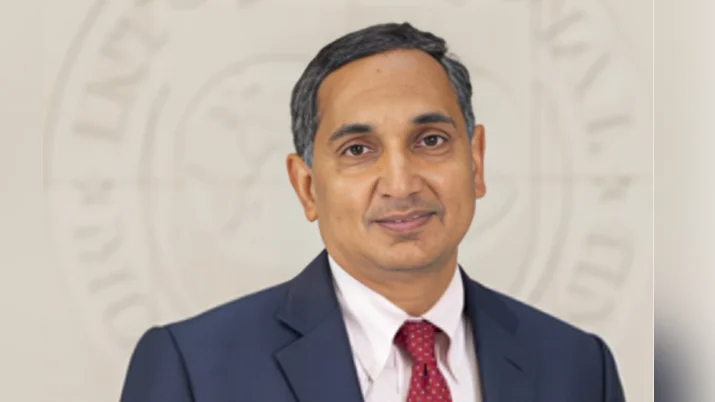An International Monetary Fund (IMF) team led by Axel Schimmelpfennig, IMF mission chief for Nigeria, carried out discussions in Lagos and Abuja from April 2 to 15, 2025, for the 2025 Article IV Consultations with Nigeria. The visit involved meetings with key figures, including Minister of Finance and Coordinating Minister of the Economy Wale Edun, Minister of Agriculture and Food Security Abubakar Kyari, Central Bank of Nigeria Governor Yemi Cardoso, senior officials from government and the central bank, as well as representatives from the Ministry of the Environment, the private sector, academia, labor unions, and civil society groups.
At the conclusion of the consultations, Axel Schimmelpfennig released a statement acknowledging Nigeria's efforts to stabilize its economy. “The Nigerian authorities have taken important steps to stabilize the economy, enhance resilience, and support growth. The financing of the fiscal deficit by the central bank has ceased, costly fuel subsidies were removed, and the functioning of the foreign exchange market has improved. Gains have yet to benefit all Nigerians as poverty and food insecurity remain high," he stated.
Schimmelpfennig noted substantial uncertainty in the economic outlook, affected by elevated global risk sentiment and lower oil prices. Yet, reforms since 2023 have better positioned the Nigerian economy to face such external challenges. He emphasized the need for further macroeconomic policies to strengthen economic buffers and resilience, while fostering conditions for private sector-led growth.
He also mentioned the strategy conveyed by Nigerian authorities for the 2025 budget to cope with declining international oil prices. “The authorities communicated to the mission that they will implement the 2025 budget in a manner that is responsive to the decline in international oil prices. A neutral fiscal stance would support monetary policy to bring down inflation," Schimmelpfennig explained.
Fiscal savings from the removal of fuel subsidies are critical, and the IMF mission emphasized the importance of directing these savings to preserve key investments that enhance growth. A focus on protecting critical investments while expanding cash transfers under the World Bank-supported program to aid those affected by food insecurity was highlighted as necessary steps.
Concerning monetary policy, Schimmelpfennig stressed the need for a stringent approach to control inflation. “A tight monetary policy stance is required to firmly guide inflation down. The Monetary Policy Committee’s data-dependent approach has served Nigeria well and will help navigate elevated macroeconomic uncertainty. Announcing a disinflation path to serve as an intermediate target can help anchor inflation expectations,” he added.

